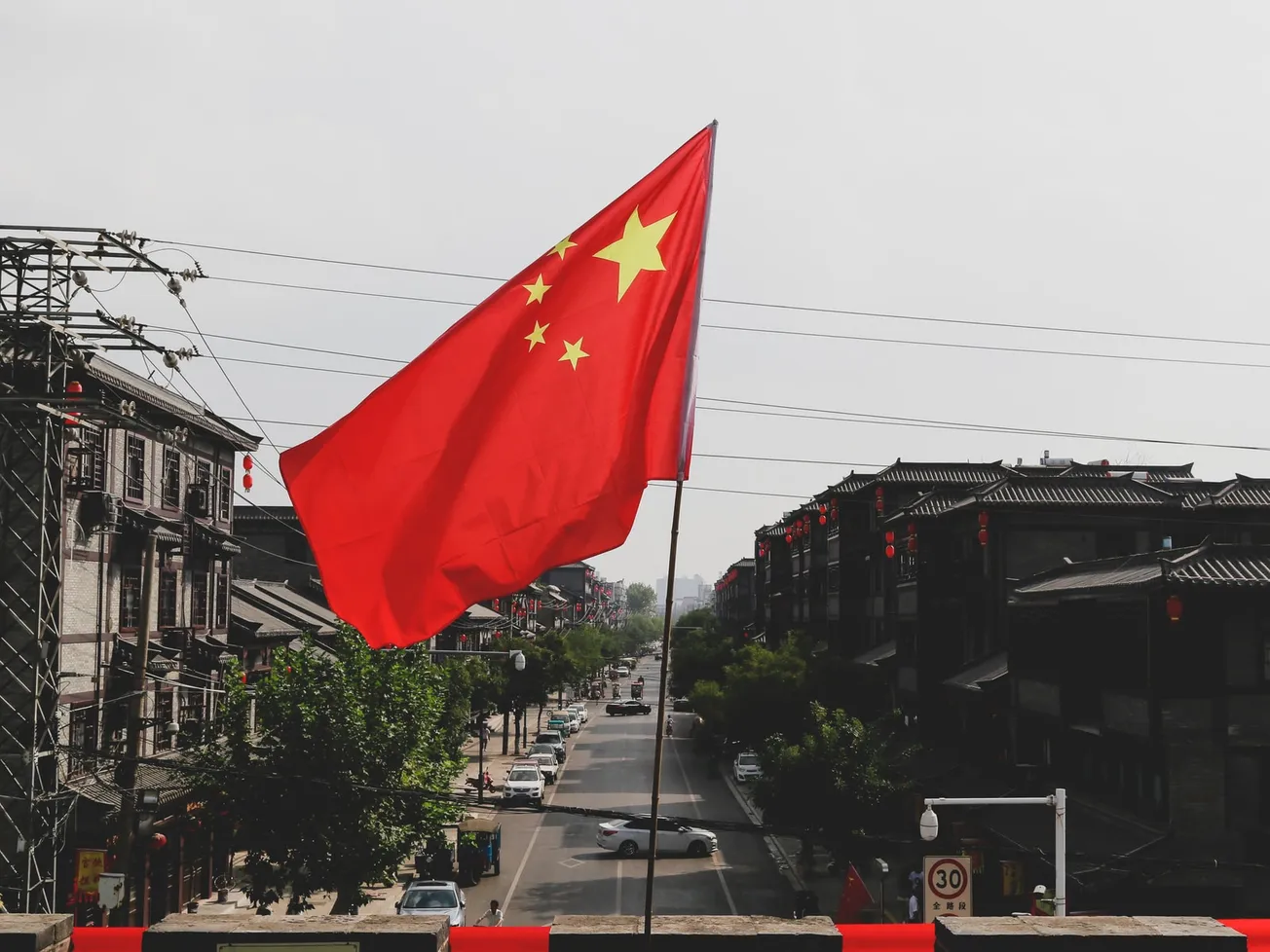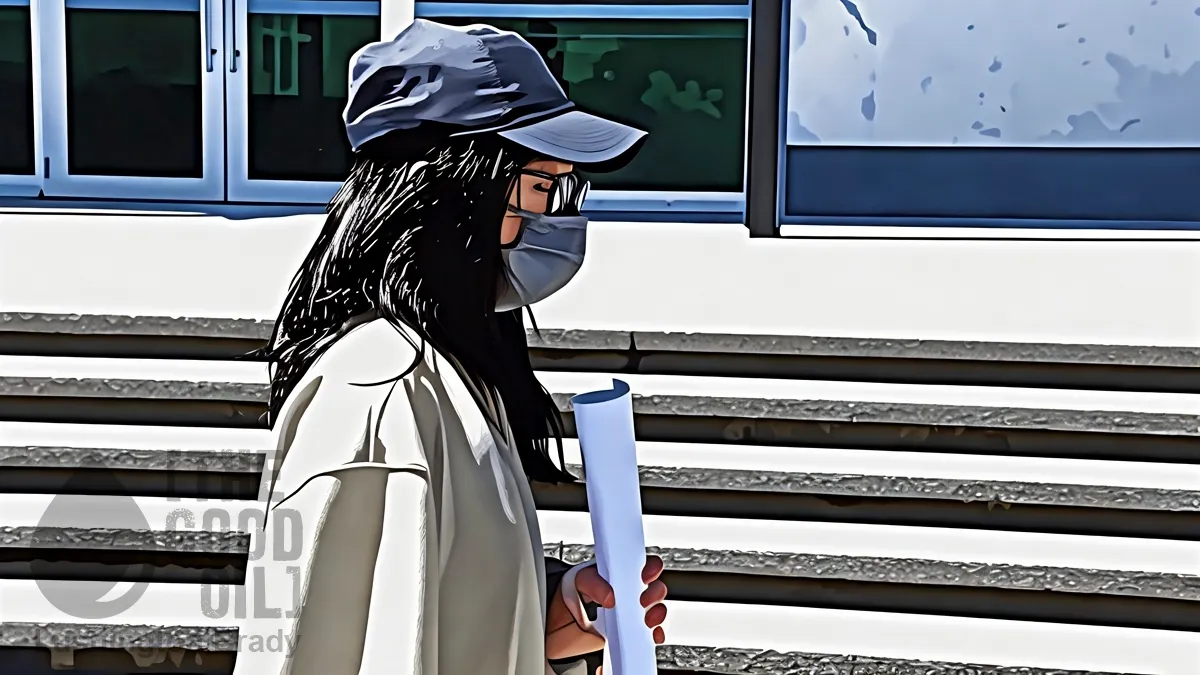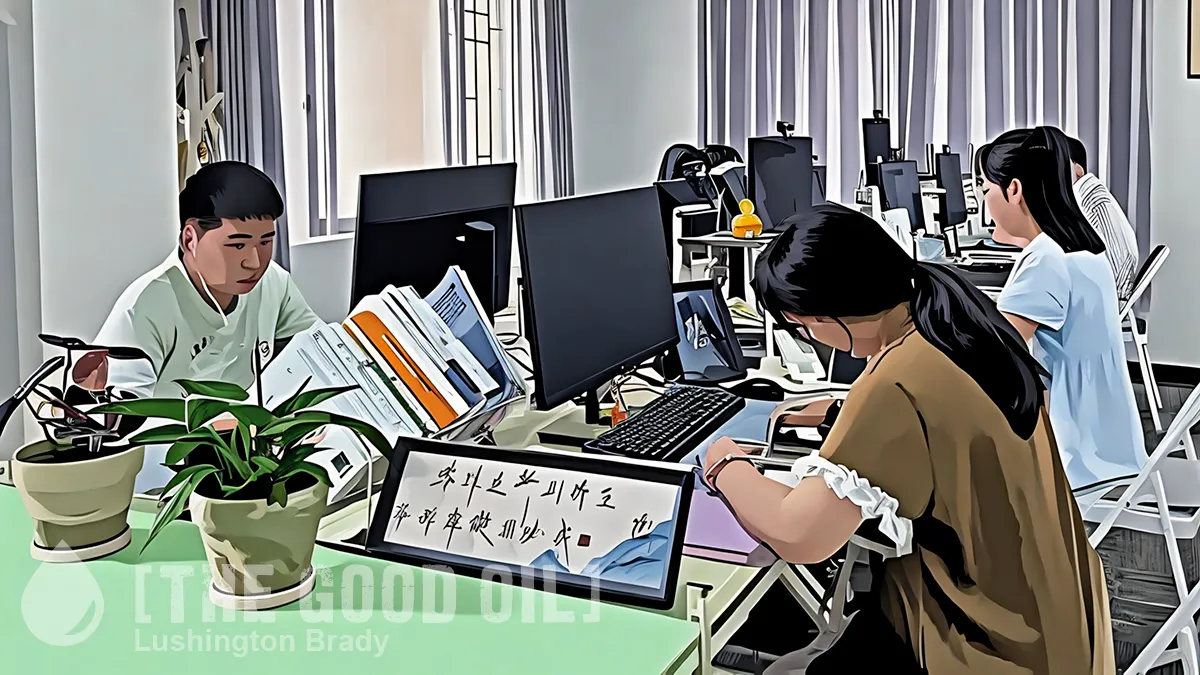Table of Contents
Susan Crabtree
Susan Crabtree is RealClearPolitics’ national political correspondent.
A simple social media post from a U.S. ambassador praising a Catholic Easter service would go largely unnoticed in the countries of many U.S. allies.
But in China, where churches, synagogues, and mosques must be sanctioned and controlled by the Chinese Communist Party to operate openly, it’s a heavily loaded statement and one easily manipulated by pro-Beijing propagandists.
That’s exactly what occurred when U.S. Ambassador to China R. Nicholas Burns posted a one-line statement extolling his experience at a state-controlled Catholic church in Beijing on the holiest of Christian holidays.
“Uplifting Easter Morning Mass at the Catholic North Church in Beijing,” Burns (pictured, at right) posted on X.com along with a photo of the ornate stone church on a sunny, cloudless morning.
Not even an hour later, Shen Shiwei, a well-known commentator for the state-run China Global Television Network, a CCP propaganda arm, responded to Burns’ post with this conclusion: “U.S. ambassador to China experiences the religious freedom in China.”
Shen wasn’t being subtle. His post was a blatant attempt to needle the U.S. and international human rights critics who have spent years lambasting President Xi Jinping’s brutal crackdown on the free exercise of religion in China over the last decade.
The public back-and-forth also sparked the ire of Sen. Marco Rubio and Rep. Chris Smith, two champions of religious freedom in the U.S. Congress.
After Congress returned from its spring break this week, Rubio and Smith penned a letter to Burns expressing their concern over his Easter post on X and urging him to issue a public statement condemning the CCP’s persecution of religious people trying to practice their faith. They suggested that the timing this week of the Muslim holiday of Eid al-Fitr, which marks the end of Ramadan, the Islamic holy month of fasting and prayer, would provide a perfect opportunity to raise objections to the CCP’s persecution of Muslims.
In recent years, the CCP, at Xi’s direction, has ordered the leveling of Arab-style domes and removal of minarets from mosques throughout China, as well as the detention and internment of nearly a million Uyghurs, a predominantly Muslim Central Asian ethnic group, into labor camps, which Beijing cynically calls “vocational training centers.”
“While we empathize with your desire to attend mass, we encourage you to distance from state-controlled entities that are seen by most Christian faithful as purveyors of CCP suppression,” Rubio and Smith wrote. “Publicizing your attendance, something you have done on other occasions as well, only allows propagandists to use your participation in worship to distort the reality of religious persecution.”
On Thursday, the State Department told RealClearPolitics that it doesn’t generally comment on congressional correspondence.
The Chinese government controls religious organizations by forcing them to register and submit to the leadership of approved “patriotic religious entities” that follow national guidelines, including teaching that loyalty to the country and communism are integral to their faiths. Those who refuse must operate underground, subject to government punishment.
The lawmakers noted that the church in question, the Church of the Savior, Beijing, is operated by the CCP-run Catholic Patriotic Association and “lacks full communion with the Catholic Church.”
Chinese Christians have faced varied forms of suppression during Xi’s time in power. Catholic churches refusing to comply with state mandates have been torn down or had their crosses removed, while Chinese officials have exhorted thousands of Christians to replace images of Christ with posters of Xi.
As Rubio and Smith pointed out in their letter, Beijing authorities have even tried to shape religion for the country’s benefit and have rewritten parts of the Bible to promote adherence to government laws.
The pair of GOP lawmakers cited an example in which a Chinese state-run university in 2020 changed the story of John 3:11, in which Jesus pardons a woman caught in adultery and tells her “go, and from now on sin no more.”
“In Beijing’s version, Jesus instead stones the woman and pledges fealty to ‘the law,’ implying that He answers to a temporal authority – a message that perverts the essential Christian themes of grace and forgiveness,” Rubio and Smith wrote.
During a Communist Party meeting in 2017, Xi himself declared his intent to pursue “the Sinicization of Chinese religions and provide active guidance for religion and socialism to coexist.”
The Chinese government’s relationship with the Catholic Church has been a sensitive subject among religious freedom advocates since the Vatican compromised with the CCP and struck deals that legitimized the “patriotic” government-sanctioned Catholic church in China. In 2020, Pope Francis agreed with Beijing that in exchange for China formally recognizing the pope’s authority within the church, the Vatican, in turn, would consent to the legitimacy of bishops Beijing had previously appointed. Tibetan human rights groups also have warned that the CCP aims to select the next Dalai Lama – the supreme leader of Tibetan Buddhism.
Burns’ post praising his experience at the church on Easter caught the attention of Jason Poblete, a human-rights attorney representing the family of Mark Swidan, an American who has been held in China for more than a decade.
“Mr. Burns, is this one of the Communist China-controlled Catholic churches?” Poblete asked on X. “Please remember that the Communist Party has been persecuting Mark Swidan from Texas – a devout Catholic and an American citizen for more than a decade. Mark has been persecuted for being an American and also because of his Catholic faith.”
“His rosary has been crushed. His Bible destroyed. He has suffered unspeakable torture because of his background,” Poblete continued. “There is no religious freedom in China, quite the opposite. Please bring Mark home.”
In late 2020, the Trump administration declared that China’s treatment of the Uyghurs amounted to genocide and crimes against humanity, and the Biden administration made the same official determination less than a year later. In the State Department’s latest survey of religious freedom around the world, the agency underscored abuses against Uyghurs and described China as “one of the worst abusers of human rights and religious freedom in the world.”
This article was originally published by RealClearPolitics and made available via RealClearWire.









